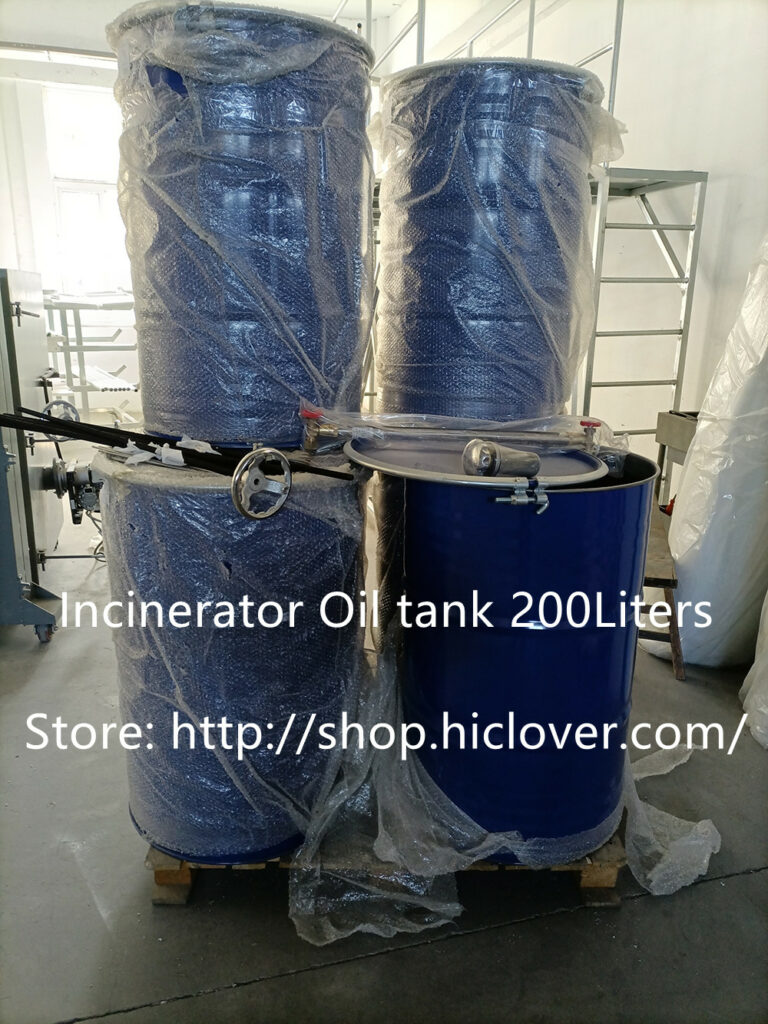Waste disposal is a critical issue that affects the environment, public health, and our overall quality of life. While waste is an inevitable byproduct of human activity, it’s essential to manage it in a sustainable and eco-friendly manner. There are various waste disposal methods available, but not all are environmentally friendly. In this comprehensive guide, we will explore eco-friendly waste disposal methods that can help reduce pollution, conserve resources, and protect the planet.
1. Recycling: Recycling is one of the most effective waste disposal methods for reducing environmental impact. By separating and collecting recyclable materials such as paper, plastic, glass, and metal, these materials can be processed and used to make new products, reducing the need for raw materials and energy.
2. Composting: Composting is a natural process that decomposes organic waste such as food scraps, yard waste, and paper into nutrient-rich soil. By composting organic waste, we can divert it from landfills and reduce the production of methane, a potent greenhouse gas.
3. Waste-to-Energy: Waste-to-energy technologies convert non-recyclable waste materials into heat, electricity, or fuel. This method can help reduce the volume of waste sent to landfills and generate renewable energy, contributing to a more sustainable energy system.
4. Source Reduction: Source reduction, also known as waste prevention or waste minimization, focuses on reducing the amount of waste generated in the first place. This can be achieved by using durable and reusable products, buying in bulk to reduce packaging waste, and practicing mindful consumption.
5. Biodegradation: Biodegradation is the natural breakdown of organic materials by microorganisms. Certain biodegradable waste, such as food waste and bioplastics, can be broken down in anaerobic or aerobic conditions, returning nutrients to the soil instead of leaching harmful chemicals into the environment.
6. Zero Waste Initiatives: Zero waste initiatives aim to minimize landfill disposal and incineration by redesigning products, implementing sustainable consumption and production practices, and reducing overall waste generation. These initiatives promote waste reduction, reuse, recycling, and composting to achieve zero waste to landfills.
7. Hazardous Waste Management: Household hazardous waste, such as batteries, electronics, and chemicals, requires special handling to prevent environmental contamination. Proper disposal methods include recycling hazardous materials, using designated collection facilities, and participating in hazardous waste collection events.
When it comes to eco-friendly waste disposal, it’s crucial to consider the entire waste management hierarchy, which prioritizes waste prevention, minimization, and sustainable disposal options. By adopting these eco-friendly waste disposal methods, individuals, businesses, and communities can actively contribute to environmental conservation and create a more sustainable future for generations to come. It is a collective responsibility to manage waste in an environmentally responsible manner, and by choosing eco-friendly waste disposal methods, we can all play a part in preserving the planet for future generations.



